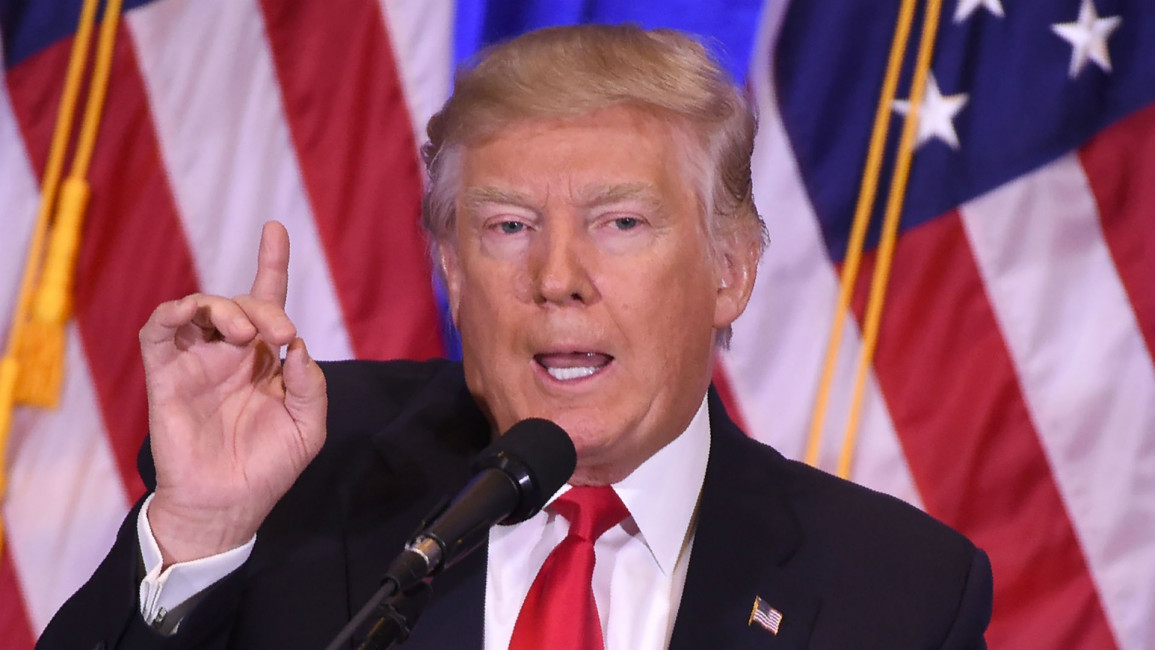'The Palestinians are given so much,' claims Trump
The business tycoon made the remark in a wide-ranging interview published on Monday, in which he was asked whether the UK should have vetoed the resolution.
"Well, the UK may have another chance to veto if what I'm hearing is true, because you know you have a meeting as you know, this weekend," Trump said.
"The problem I have is that it makes it a tougher deal for me to negotiate because the Palestinians are given so much – even though it's not legally binding it’s psychologically binding and it makes it much tougher for me to negotiate. You understand that? Because people are giving away chips, they’re giving away all these chips".
"I think it was terrible," Trump answered, referring to Obama's approach, to the vote, which also drew fierce criticism from Israeli PM Binyamin Netanyahu. "It should have been a veto. I think it was terrible".
The 70-year-old also expressed scepticism at the possibility that the US would veto any Security Council resolutions on Israel put forward this week.
"I think it'd be great if they [Britain] veto because I'm not sure the United States is gonna veto, amazingly."
When pressed about whether his administration would be moving the US embassy in Israel from Tel Aviv to Jerusalem, the president-elect was not so forthcoming.
Despite having promised on a number of occasions that the move will happen, Trump simply replied that he did not want to comment on the matter, adding that "we'll see what happens".
Since Trump's election victory in November, right-wing Israeli politicians have hailed the outcome as a triumph for Israel and its continued policy of building illegal settlements.
As well as promising to move the US embassy to Jerusalem – a move that would effectively recognise Israel's sole ownership of the city – Trump has also made a number of pro-Israel appointments to his team.
The Republican's choice for ambassador to Israel, David Friedman, is a staunch right-winger and supporter of settlements in the West Bank.
Trump's pro-Israel leanings have also had an effect across the Atlantic, where Britain's government has reportedly taken the US president's sympathies into consideration when dealing with the Israel-Palestine question.
According to reports, Britain avoided sending a high-level delegation to the Israel-Palestine peace talks in Paris on Sunday in order to avoid upsetting the incoming US administration.
Last week, British Foreign Secretary Boris Johnson sidestepped questions in parliament about whether he would be attending the conference himself.
Trump's team have told French diplomats that they disapprove of the conference as it allegedly puts unfair pressure on Israel.
Netanyahu, who is boycotting the talks, has long criticised the international effort, describing them as a "rigged" and futile.



